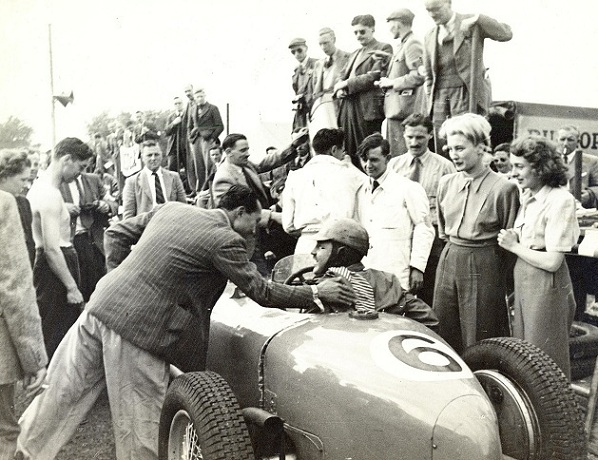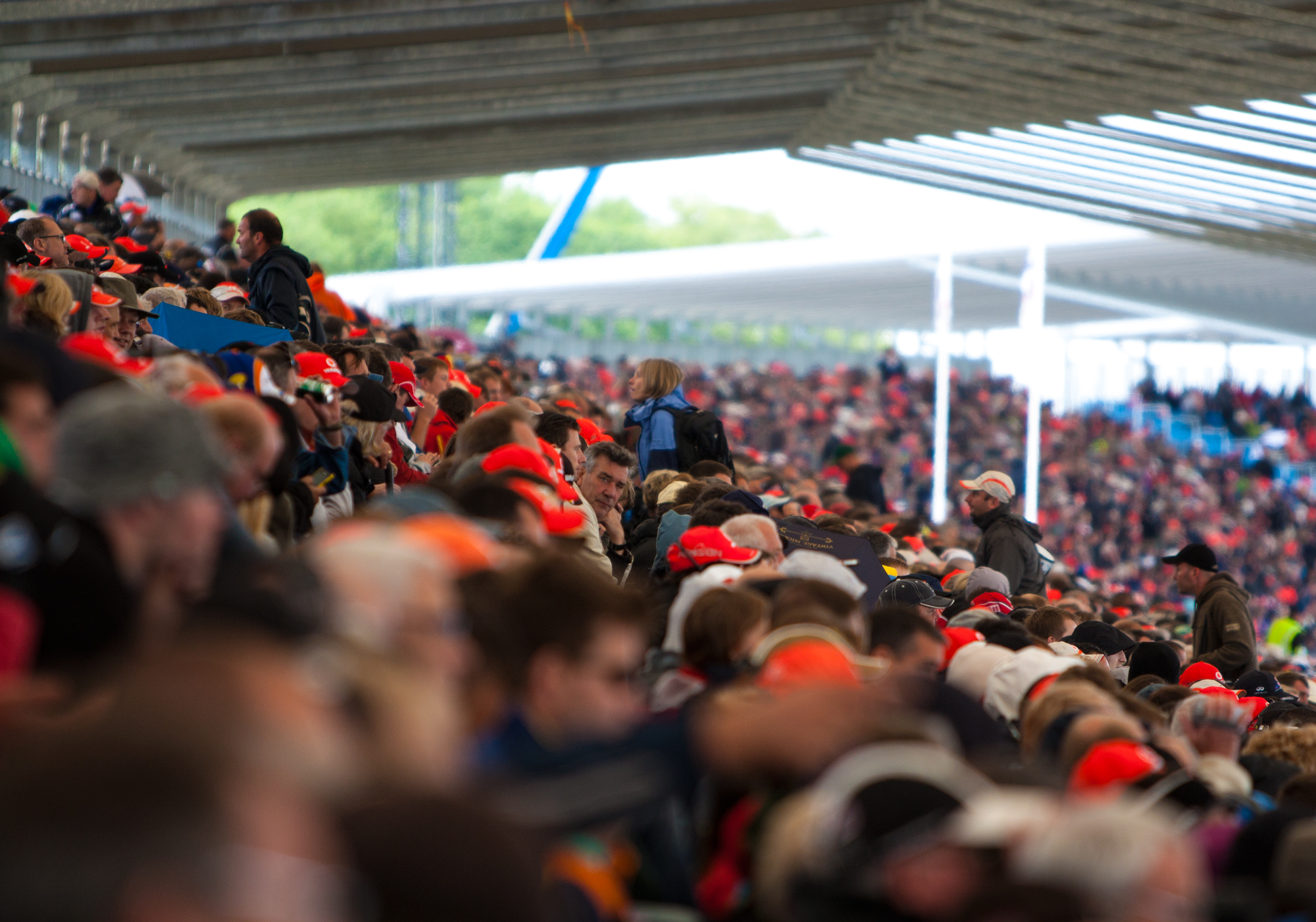This week the BBC unveiled the details of its flagship new coverage of the 2009 season. The corporation took back the rights to screen the sport from rival broadcaster ITV, whose coverage began in 1997. Television, for F1, is of paramount importance to the viewer for practical reasons in a way that it could never be for football, for example. So in what ways will the BBC bring the sport to the viewer, and how can they improve on ITV s finished product?
Unquestionably, ITV did a great job with F1. F1 was one of the few things of quality that ITV as an organisation have provided the British public with in recent years. The delivery of the coverage, the presentation, the interviews and by and large the commentary were all spot on. A marked improvement was made on the pre-1997 coverage, when fans might recall repeatedly being shown pieces of empty track, for no apparent reason. The discovery of Martin Brundle, one of the most gifted and perceptive broadcasters of his generation, was a feather in ITV s cap. Even with technological advances promoted by FOM and improvement in the feed they received from the host broadcaster, ITV provided armchair F1 fans with reliable and efficient F1 programming.
There were, however, some areas where the other side were found wanting. The biggest gripe was advertising, and while some accepted the adverts as a necessary evil in the modern television age, others could not tolerate them. F1 can sometimes be dull for the uncommitted or casual fan, and when ITV happened to miss the only event of note in the whole race because of advert breaks, it could be difficult to forgive.
Secondly, the personnel could sometimes be at fault. Jim Rosenthal s brave efforts to sound as though he knew what he was talking about in F1 ITV s early years must surely go down as one of the greatest broadcasting rearguard actions ever. James Allen is a tremendously wise and knowledgeable F1 journalist, whose written work is amongst the best in the business. As a commentator, however, Allen occasionally forgot to engage his brain before speaking. As a successor to Murray Walker his job was even harder. Walker s mistakes were funny and charming, those of Allen just irritating. Equally, Allen s tendency to involuntarily wax poetical about his sport a problem ITV commentators in particular seem to suffer from was simply unnecessary; the sport is poetry enough.
The Beeb, then, can improve on ITV in a number of ways. There won t be advert breaks, thankfully. The coverage is likely to be more in-depth, and is promised to be more wide-ranging with more options for the digital viewer. Mercifully, Brundle has been retained in the commentary box alongside proven commentator Jonathan Legard, and the candid studio pundit line-up of David Coulthard and Eddie Jordan is promising.
There are pitfalls the corporation must take care to avoid, however. The presenter Jake Humphrey is new to the game and will not have the calm or gravitas of Steve Rider immediately. Secondly, and as a BBC head honcho noted earlier this week, care must be taken to avoid jargon because it will alienate the non-fanatic viewer.
Finally, the BBC must not be afraid to cover Lewis Hamilton. Some sections of the blogosphere repeatedly criticised ITV for being obsessed with the Hamilton phenomenon, but this criticism was wholly undeserved. With the exception of Coulthard on some days, ITV missed out on spectacular, exciting and competitive British drivers from when Damon Hill retired right up to when Hamilton burst on the scene in 2007, the best part of ten years. The British broadcaster will always show extensive coverage of and enthusiasm for the British driver, to appeal to its public. The BBC s job is to square the public s enthusiasm for Hamilton with providing balanced journalism not neglecting the other drivers.
Fans should await with interest the coverage of the new season the proof of the BBC pudding is in the eating.






